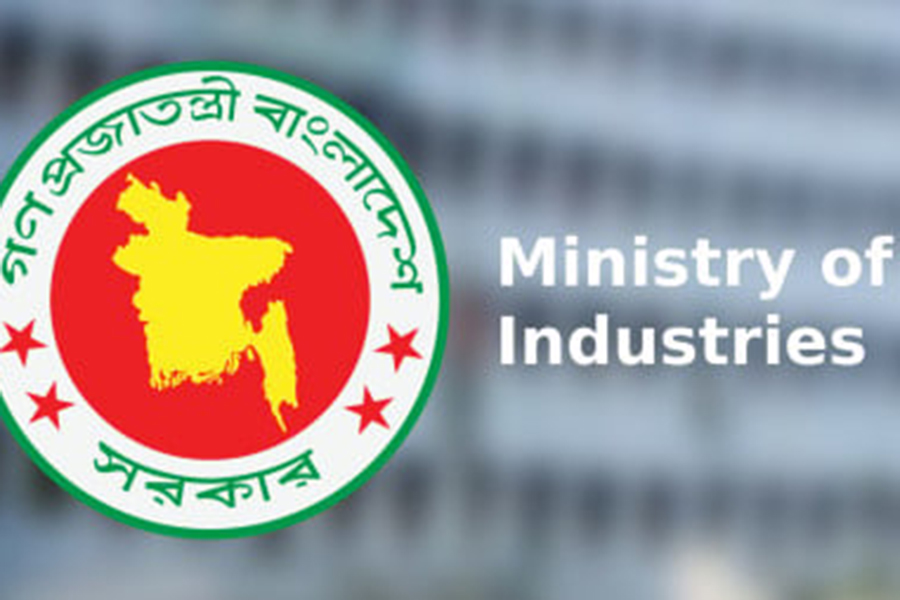
Published :
Updated :

The government has opened the door for private sector participation in running state-owned enterprises (SoEs) under the Ministry of Industries (MoI), as most of them have become loss-making ventures, MoI Secretary Md Obaidur Rahman said on Tuesday.
"There are between 200 and 250 entities under the MoI. However, most of them are now incurring losses," he said without mentioning the reasons.
He clarified that the government's focus is not on doing business, but rather on providing regulatory and facilitative support to businesses.
"We are now inviting the private sector to run the businesses as joint ventures," Rahman said, adding that effective public-private collaboration is crucial for the country's development.
The MoI Secretary made the remarks while speaking as the chief guest at a seminar marking World Standards Day.
The Bangladesh Standards and Testing Institution (BSTI) organised the event at Krishibid Institution auditorium in the city. BSTI Director General S M Ferdous Alam presided over the seminar.
MoI Secretary Obaidur Rahman also highlighted the advancements made by BSTI. He noted that several of its laboratories, including the National Halal Laboratory, have reached international standards.
He urged businesses to maintain quality of their products even after obtaining BSTI certification.
Speaking at the event, Chairman & CEO of PRAN-RFL Group Ahsan Khan Chowdhury emphasised the need for globally recognised standards to help Bangladeshi businesses expand their footprints in international markets.
Md Zafar Iqbal, a representative from
the Federation of Bangladesh Chambers of Commerce and Industry (FBCCI), said that ethical practices among people those responsible for monitoring product standards are of paramount importance. "Integrity, morality, and values are essential for ensuring product quality," he said.
Consumers Association of Bangladesh (CAB) President A H M Shafiquzzaman said that while BSTI is doing a lot of work for the development of industries and the production and marketing of quality products, the public perception is not commensurate with their efforts.
He said promoting Halal certification could help Bangladesh reach billions in exports of Halal products by 2030.
He also urged BSTI to take a tougher stance on product adulteration and counterfeiting. BSTI Director General Ferdous Alam highlighted several recent initiatives by the agency, including the introduction of QR code-embedded online licences to combat counterfeiting and misuse of the BSTI standard mark.
He also mentioned the establishment of specialised laboratories for Halal certification, helmet safety testing, solar panel performance, and cement quality.
Other speakers at the event called on the government to pursue bilateral agreements with different countries to ensure mutual recognition of BSTI-issued certificates.
During the event, 12 organisations were awarded ISO certification by BSTI.
saif.febd@gmail.com


 For all latest news, follow The Financial Express Google News channel.
For all latest news, follow The Financial Express Google News channel.